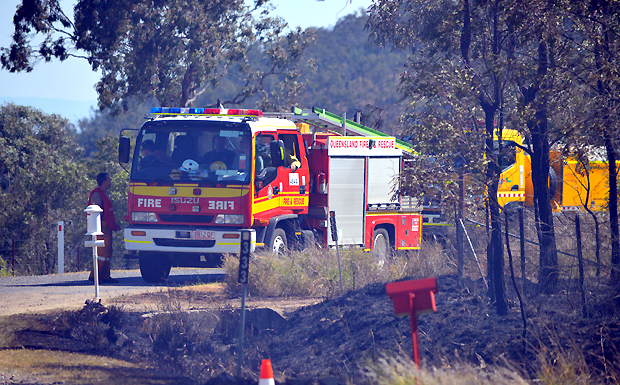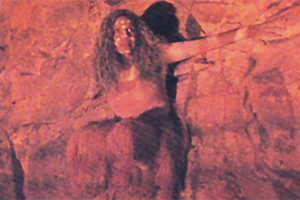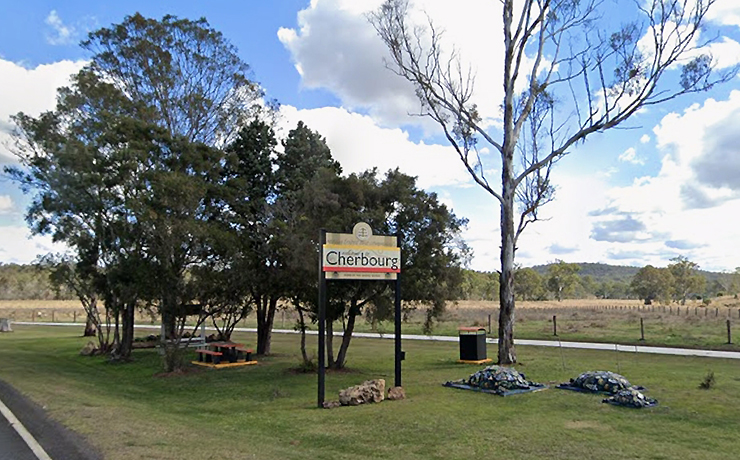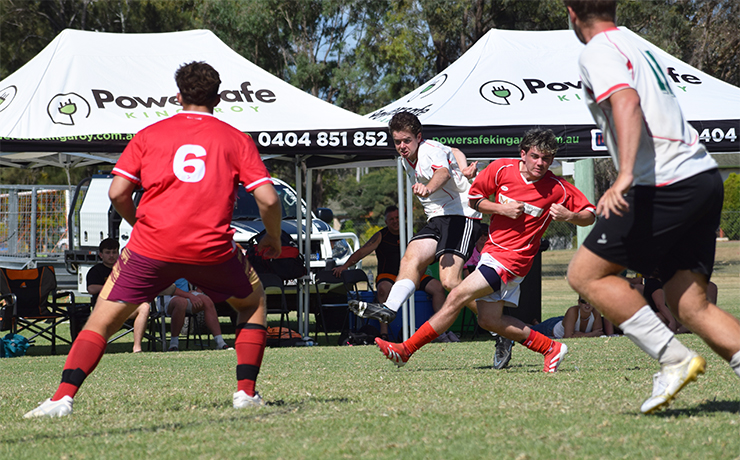
June 4, 2019
As temperatures continue to plummet across regional Queensland, renewed warnings have been issued about the hidden risks of many heating appliances.
It’s important to never run any type of heater near anything inflammable, such as curtains and furniture, and to ensure it is never left alone or in a place where children or pets could knock them over.
* * *
Ergon Energy’s safety adviser Kevin Hore offered a few tips to minimise the risk of fire and shocks from electrical heaters.
“Most of us store heating appliances at the back of cupboards or in the garage over summer and there’s always the chance of being damaged without you knowing,” Kevin said.
“So before plugging them into the power socket, you should always check their cords and casing for obvious damage.
“If any damage is found, the only safe course of action is to have it repaired by a qualified technician or simply throw it away.”
Kevin said even if the heating appliance was in perfect working order, it was still vital to ensure they were used safely and never left unattended.
“Similarly, running heaters in a bathroom presents a danger of electric shock by bringing together two highly incompatible elements of electricity and water.”
* * *
Home owners using gas heaters should not be complacent, either. Some common sense safety tips:
- Manufacturers’ instructions should always be followed closely to avoid carbon monoxide poisoning and fires.
- Gas heaters should also be serviced on a regular basis by a qualified gas technician.
- Always turn your heater off before going to bed or leaving your house.
- Always ensure the room in use is well-ventilated.
- If it becomes stuffy, immediately open windows to allow fresh air in. Carbon monoxide is an odourless gas which can go unnoticed. Extended exposure can be fatal.
- And, very importantly, never use outdoor gas heaters indoors. Outdoor gas heaters create carbon monoxide.
* * *
There has been a recent revival of interest in kerosene heaters but these, too, pose hidden dangers:
- Kerosene heaters produce carbon monoxide so never use a kerosene heater in a completely closed room – keep doors open. The room should be adequately ventilated so that fresh air can get in and carbon monoxide escape.
- Ensure that spare kerosene is stored somewhere safely away from the heater where it won’t heat up and ignite.
- If the kerosene heater runs out of fuel, allow it to cool down before refilling it.
























